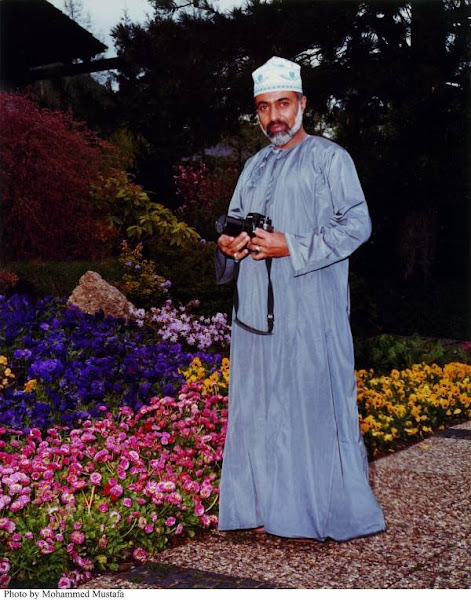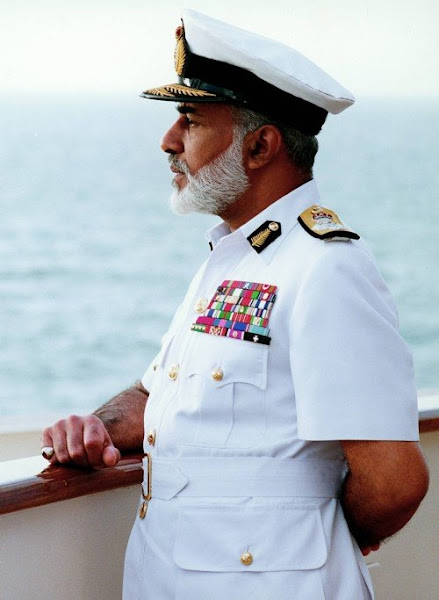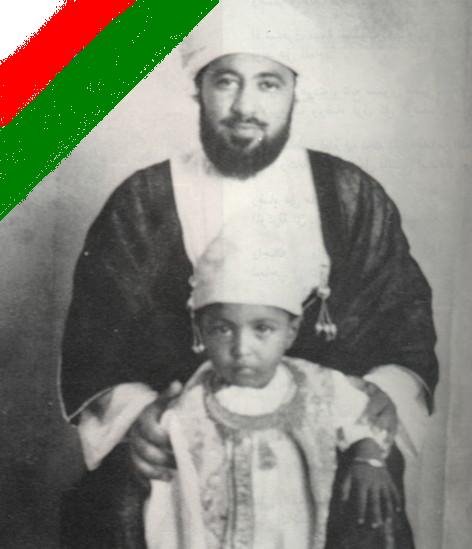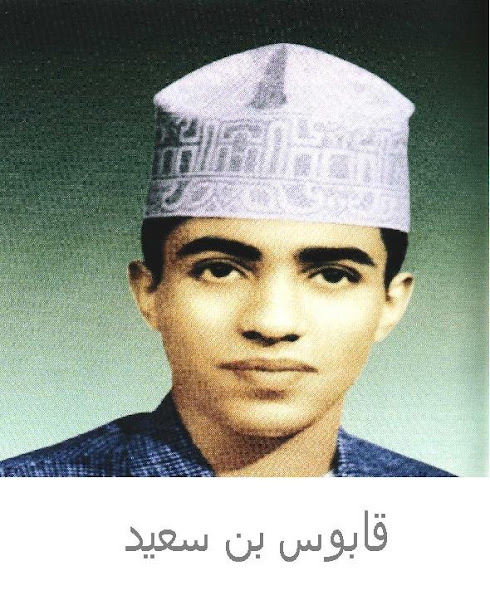The political system which Qaboos established is that of an absolute monarchy. Unlike the situation in neighboring Saudi Arabia, Qaboos' decisions are not subject to modification by other members of Oman's sultanic family. Government decisions are said to be made through a process of decision-making by "consensus" with federal, provincial, local and tribal representatives, though critics allege that Qaboos exercises de facto control of this process.[citation needed] Qaboos also regularly engages in tours of his realm, in which any citizen with a grievance or request is (at least in theory) allowed to appeal to the sultan in person. Critics claim these meetings to be scripted as well.[citation needed]
More recently Qaboos has allowed parliamentary elections (in which women have voted and stood as candidates), and pledged greater openness and participation in government. As yet, however, this parliament lacks substantial political power.
Qaboos's supporters point to his relative success in governing the country. By Gulf standards, Oman boasts good public order (it is basically a safe country, even for foreigners), middling prosperity (given its level of oil revenues) and a relatively permissive society.[citation needed] Since Qaboos acceded to the throne, Oman has broadened international relations, allowed newspapers, established high schools, built highways, opened hotels and shopping malls, and spends a substantial portion of its dwindling oil revenues on health care and education.[3] Full democracy, they say, might threaten these accomplishments.[citation needed]
Unlike the heads of other Gulf states, Qaboos has not publicly named an heir. Article 6 of the constitution actually provides that the Ruling Family Council chooses the successor after the throne becomes vacant, and that the sultan's preference, to be expressed in an official letter (which Qaboos maintains has already been sealed and delivered to the defence minister), is only resorted to in the event of lack of familial consensus. Critics fear, however, that the resulting uncertainty could inspire a power struggle among members of the dynasty and/or the military. A power vacuum could thus coincide with the expected depletion of Oman's oil supplies, threatening the nation's continued peace and prosperity.
In 1998, Qaboos was presented with the International Peace Award by the National Council on US-Arab Relations[citation needed]. He also forges and maintains good relations with other Arab States and partners in the Gulf Cooperation Council (GCC).
The Sultan's birthday, 18 November, is celebrated as Oman's national holiday.
More recently Qaboos has allowed parliamentary elections (in which women have voted and stood as candidates), and pledged greater openness and participation in government. As yet, however, this parliament lacks substantial political power.
Qaboos's supporters point to his relative success in governing the country. By Gulf standards, Oman boasts good public order (it is basically a safe country, even for foreigners), middling prosperity (given its level of oil revenues) and a relatively permissive society.[citation needed] Since Qaboos acceded to the throne, Oman has broadened international relations, allowed newspapers, established high schools, built highways, opened hotels and shopping malls, and spends a substantial portion of its dwindling oil revenues on health care and education.[3] Full democracy, they say, might threaten these accomplishments.[citation needed]
Unlike the heads of other Gulf states, Qaboos has not publicly named an heir. Article 6 of the constitution actually provides that the Ruling Family Council chooses the successor after the throne becomes vacant, and that the sultan's preference, to be expressed in an official letter (which Qaboos maintains has already been sealed and delivered to the defence minister), is only resorted to in the event of lack of familial consensus. Critics fear, however, that the resulting uncertainty could inspire a power struggle among members of the dynasty and/or the military. A power vacuum could thus coincide with the expected depletion of Oman's oil supplies, threatening the nation's continued peace and prosperity.
In 1998, Qaboos was presented with the International Peace Award by the National Council on US-Arab Relations[citation needed]. He also forges and maintains good relations with other Arab States and partners in the Gulf Cooperation Council (GCC).
The Sultan's birthday, 18 November, is celebrated as Oman's national holiday.








No comments:
Post a Comment